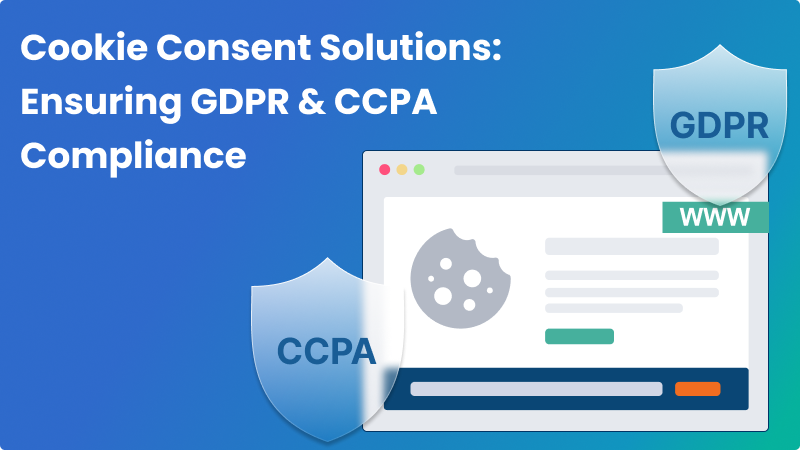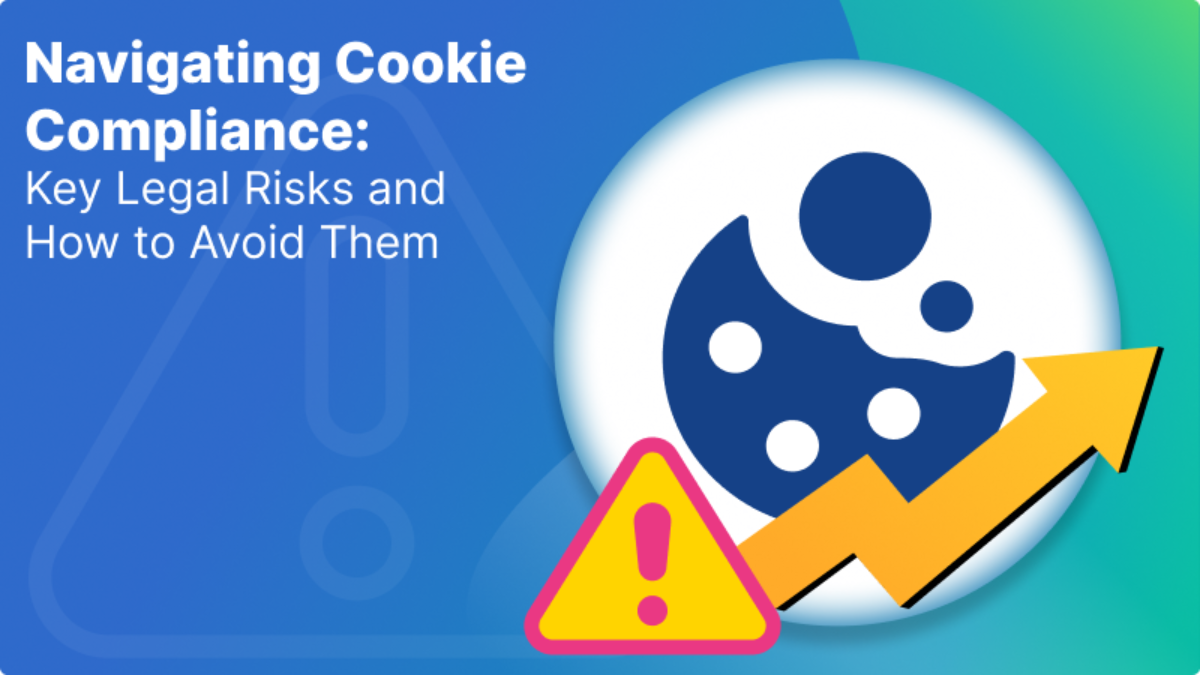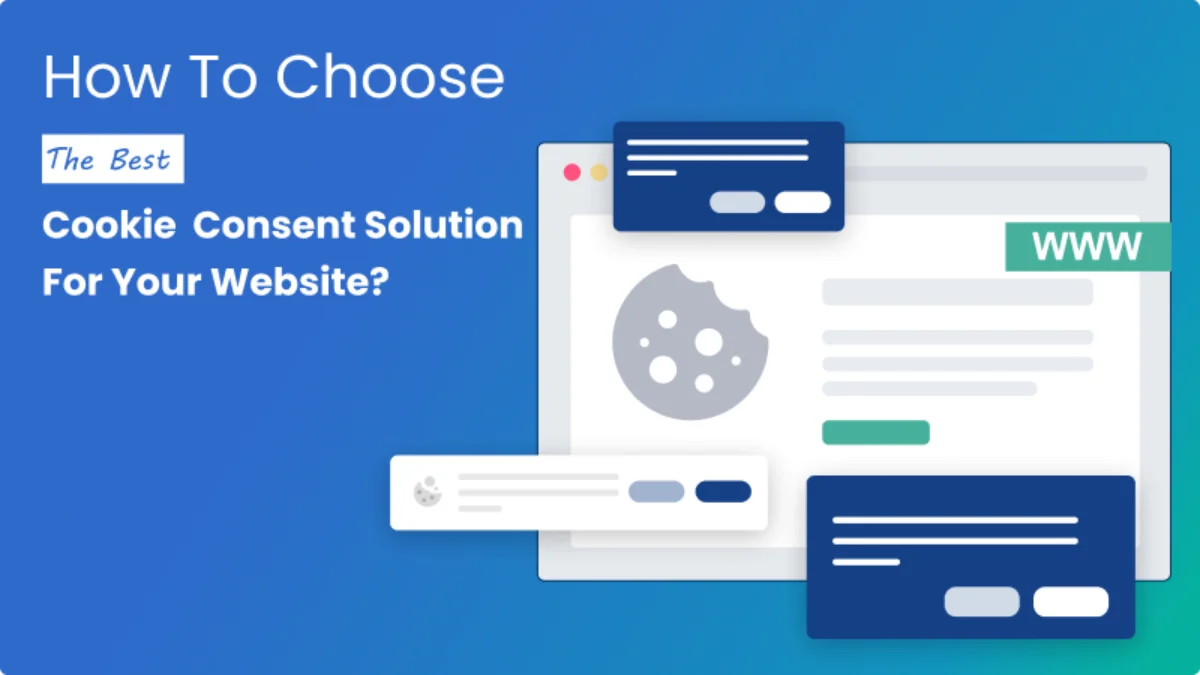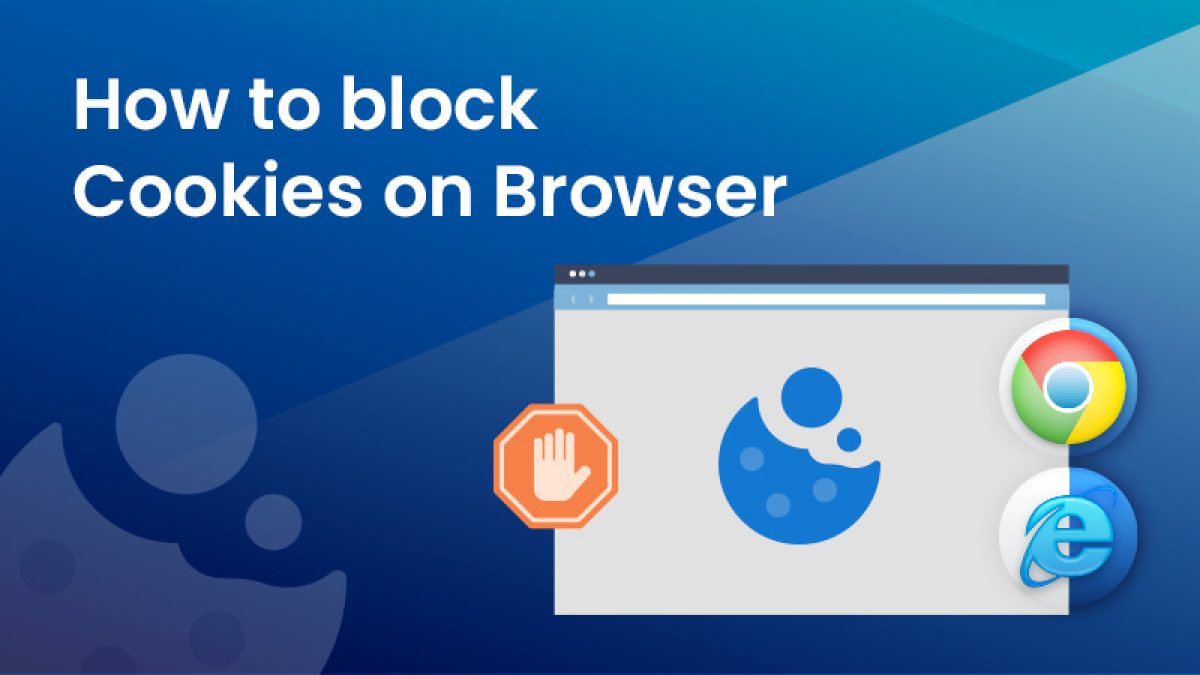The Role of Cookie Consent Solutions in GDPR and CCPA Compliance

In today’s digital landscape, data privacy regulations like the General Data Protection Regulation (GDPR) and the California Consumer Privacy Act (CCPA) have set stringent requirements for how organizations handle user data, including cookies. Cookie consent solutions play a crucial role in helping businesses achieve compliance with these regulations. This comprehensive guide explores the significance of cookie consent solutions in GDPR and CCPA compliance, their key features, implementation best practices, and the future of compliance in an evolving regulatory environment.
Understanding GDPR and CCPA: Impact on Cookie Compliance
General Data Protection Regulation (GDPR)
The GDPR, enforced by the European Union (EU), aims to protect the personal data and privacy of EU citizens. Key provisions relevant to cookies include:
- Explicit Consent: Websites must obtain explicit consent from users before placing non-essential cookies on their devices. Consent must be freely given, specific, informed, and unambiguous.
- Transparency: Organizations must provide clear information about the types of cookies used, their purposes, and how users can manage their preferences.
- User Rights: Users have the right to withdraw consent at any time and must be provided with easy mechanisms to do so.
California Consumer Privacy Act (CCPA)
The CCPA grants California residents certain rights over their personal information and imposes obligations on businesses that collect and process this data. Key aspects related to cookies include:
- Notice at Collection: Businesses must inform users about the categories of personal information collected through cookies and the purposes of such collection.
- Opt-Out Rights: Users have the right to opt-out of the sale of their personal information, which includes data collected through cookies for advertising purposes.
- Non-Discrimination: Businesses cannot discriminate against users who exercise their privacy rights, including the right to opt-out of data sales.
The Role of Cookie Consent Solutions in Achieving Compliance
Cookie consent solutions are pivotal in helping organizations comply with GDPR and CCPA requirements. Here’s how they facilitate compliance:
- Obtaining Explicit Consent: Cookie consent solutions provide mechanisms to obtain explicit consent from users before setting non-essential cookies. This includes customizable consent banners or pop-ups that clearly inform users about the types of cookies used and their purposes.
- Managing Consent Preferences: These solutions enable users to manage their cookie preferences effectively. Users can choose which categories of cookies they consent to (e.g., essential, functional, performance, targeting), and they can withdraw consent at any time.
- Ensuring Transparency: Cookie consent solutions contribute to transparency by providing detailed cookie policies and consent logs. Organizations can clearly articulate their data practices, helping users make informed decisions about their data.
- Facilitating Compliance Across Jurisdictions: With GDPR and CCPA having distinct requirements, cookie consent solutions offer flexibility to customize consent processes based on regional regulations. This ensures compliance with local data protection laws.
Key Features of Effective Cookie Consent Solutions
When selecting a cookie consent solution to support GDPR and CCPA compliance, consider the following essential features:
- Customizable Consent Banners: Solutions should offer customizable consent banners or pop-ups that align with your website’s branding and provide clear information about cookies.
- Granular Consent Options: Users should have the ability to provide granular consent, choosing which types of cookies to accept or reject based on their preferences.
- User-Friendly Interface: The consent solution should be user-friendly, ensuring that consent processes are straightforward and accessible across different devices.
- Consent Logging and Documentation: Solutions should maintain detailed logs of user consents, including timestamps and consent preferences, to demonstrate compliance during audits.
- Integration Capabilities: Ensure that the solution integrates smoothly with your website, content management system (CMS), analytics tools, and advertising networks.
- Multilingual Support: For global compliance, choose a solution that supports multiple languages, ensuring that consent information is accessible to users worldwide.
- Automated Updates: Regulations like GDPR and CCPA evolve over time. Select a solution that offers automatic updates to comply with regulatory changes without manual intervention.
Implementing Cookie Consent Solutions: Best Practices
To effectively implement cookie consent solutions for GDPR and CCPA compliance, follow these best practices:
- Conduct a Cookie Audit: Begin by conducting a thorough audit of cookies used on your website. Categorize cookies based on their purposes (essential, functional, performance, targeting) to determine which ones require user consent.
- Update Privacy and Cookie Policies: Revise your privacy policy to include detailed information about your use of cookies, complying with GDPR and CCPA requirements for transparency.
- Customize Consent Banners: Customize consent banners to provide clear and concise information about cookies. Include options for users to manage their preferences and provide consent.
- Implement Granular Consent Options: Allow users to choose which types of cookies they consent to, ensuring granular control over their data.
- Ensure Accessibility and Usability: Ensure that consent interfaces are accessible and easy to use on all devices and browsers. Avoid complex language or design that may hinder user understanding.
- Regularly Review and Update: Regularly review and update your cookie consent practices to align with regulatory changes and best practices. Conduct periodic audits to verify compliance.
Challenges and Considerations
Implementing cookie consent solutions for GDPR and CCPA compliance may pose challenges, including:
- Complexity of Regulations: Navigating the nuanced requirements of GDPR and CCPA can be daunting, particularly for businesses operating in multiple jurisdictions.
- Balancing Compliance and User Experience: Ensuring compliance without compromising user experience requires careful design and implementation of consent mechanisms.
- Managing Consent Across Platforms: For businesses with multiple websites or platforms, synchronizing consent preferences across domains can be complex.
Future Trends in Cookie Consent Solutions
Looking ahead, several trends will shape the future of cookie consent solutions:
- Enhanced Automation: Solutions will increasingly automate consent management processes, including updates for regulatory changes and user preference synchronization.
- Focus on Privacy by Design: Cookie consent solutions will prioritize privacy by design principles, embedding data protection into every aspect of their functionality.
- Integration with AI and Analytics: Advancements in artificial intelligence (AI) and analytics will enable more sophisticated consent management and data protection strategies.
- Global Standardization: Efforts to establish global standards for data privacy and consent management will influence the development of cookie consent solutions.
Conclusion
Cookie consent solutions are indispensable tools for achieving GDPR and CCPA compliance, ensuring that organizations adhere to data protection regulations while respecting user privacy rights. By selecting a robust consent solution with customizable features, granular consent options, and strong integration capabilities, businesses can enhance transparency, build trust with users, and mitigate regulatory risks. As data privacy regulations continue to evolve, staying informed about best practices and technological advancements will be essential for maintaining effective cookie consent practices and adapting to future compliance challenges.
How Mandatly’s Cookie Compliance Solution helps?
Whereas the most challenging aspect of gaining compliance with these requirements seems to be getting the right cookie consent banner on your website and a consent mechanism to record the consent but it is not. In fact, the true challenge lies in doing the underlying work that supports the efficient and accurate functioning of these mechanisms. Don’t worry, we have got it all covered.
Mandatly provides cookie and consent management solution without complex configuration or maintenance. Through the method of manual blocking, you can auto block the cookies by inserting the events manually in the JavaScript code.
Automatic Website Scanning: Mandatly’s Cookie Scanner technology performs in-depth scanning to detect first and third-party cookies, Trackers (plugins and social media implementations). It performs periodic scanning based on your schedule and provides an auto-generated list of cookies to keep your cookie notice updated.
Custom Cookie Banner: Mandatly offers a fully configurable solution for cookie banner settings & personalization to prepare your custom cookie banner cookie popup and ancillary features that describe the cookies collected and their purposes. Our feature-rich customization options include the ability to conduct a thorough cookie audit, providing transparency about the cookies collected and their purposes. These customizations seamlessly support various website themes, geolocations, compliances, etc.
Preference Center: Mandatly helps you build a central preference center across multiple domains. Enables a link to the policy to ensure your privacy policy addresses your cookie use and collection practices.
Consents Tracking: Mandatly’s cookie consent manager maintains your cookie consent records to demonstrate compliance. The dashboard presents easy to understand visuals of consent logs.
FAQs
It is suggested to conduct a cookie audit every six months. Moreover, it is advisable to consistently review your cookie usage and assess any third-party services integrated into your website that might set cookies.
- Identify the cookies: The first step is to identify all the cookies used on the website, including first-party and third-party cookies.
- Categorize the cookies: Categorize the cookies based on their functionality, data privacy implications, and legal requirements.
- Analyze the cookies: Analyze the cookies to determine their purpose, data collected, and how long they are stored.
- Assess compliance: Assess whether the cookies comply with data privacy regulations and your own privacy policy.
A cookie audit is an essential step towards ensuring compliance with data privacy regulations such as the GDPR. The GDPR requires that website owners obtain valid consent from users before collecting and processing their personal data, including cookies.
By auditing cookies, you categorize them, analyze their purpose and storage, confirm compliance, and create a clear cookie policy for users to opt out of non-essentials. This protects you from potential fines and legal issues.
Conducting a cookie audit poses challenges for website owners, including identifying all cookies, categorizing them, analysing their details, and creating a comprehensive cookie policy.
Utilize an automated software solution like Mandatly Cookie Compliance to scan and list all cookies including third-party ones. The tool automatically categorizes cookies based on functionality and generates a comprehensive report detailing their purpose, data collected, and storage duration. Additionally, it seamlessly updates the cookie policy in real-time upon identifying new cookies or removing existing ones.
Conducting such an audit is essential to ensure transparency and adherence to data privacy laws like GDPR, CPRA, CCPA, and other relevant regulations. Failing to perform a cookie audit poses the risk of non-compliance with data privacy regulations.
Conducting a cookie audit can impact website performance, but the impact is usually negligible.
Yes, to ensure that the website’s cookie usage is optimized for performance and user experience.













